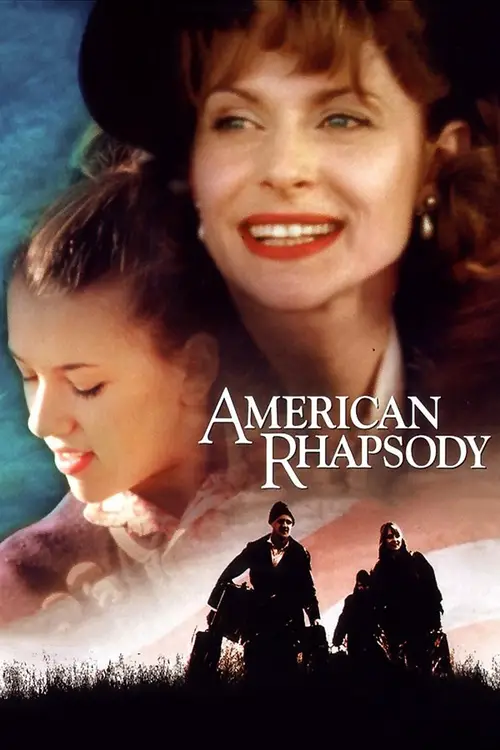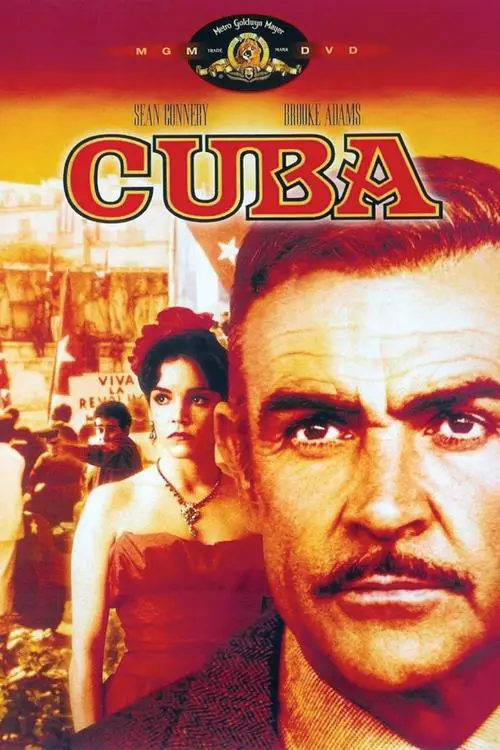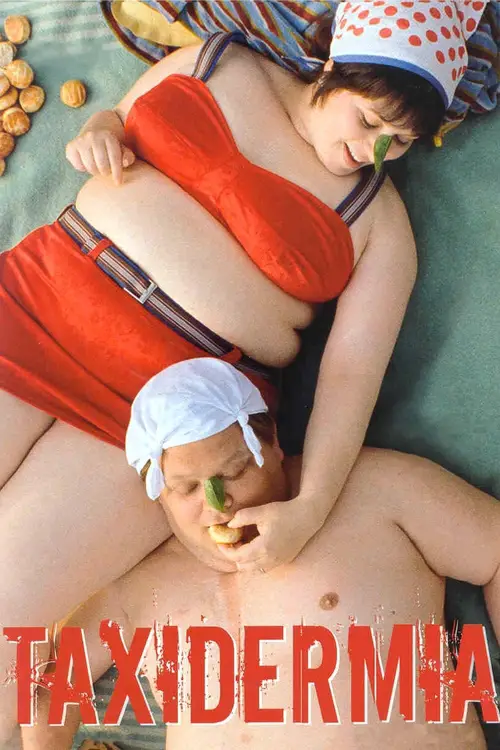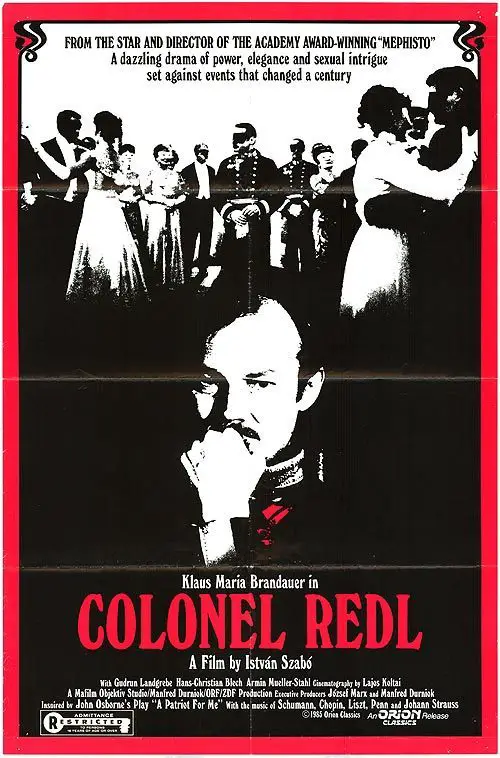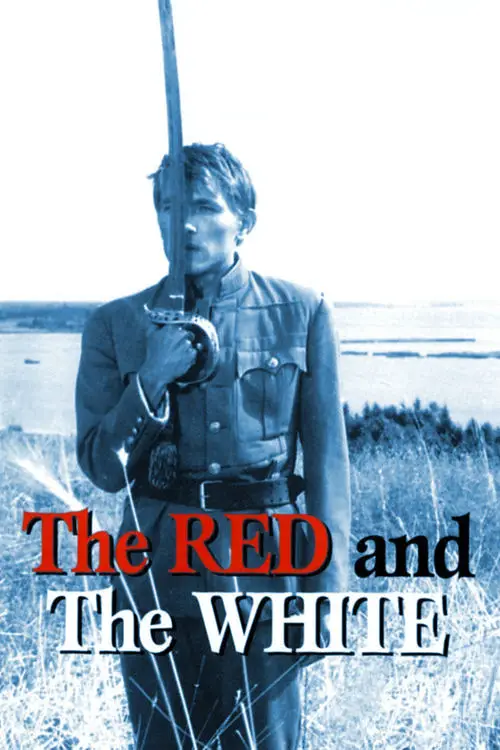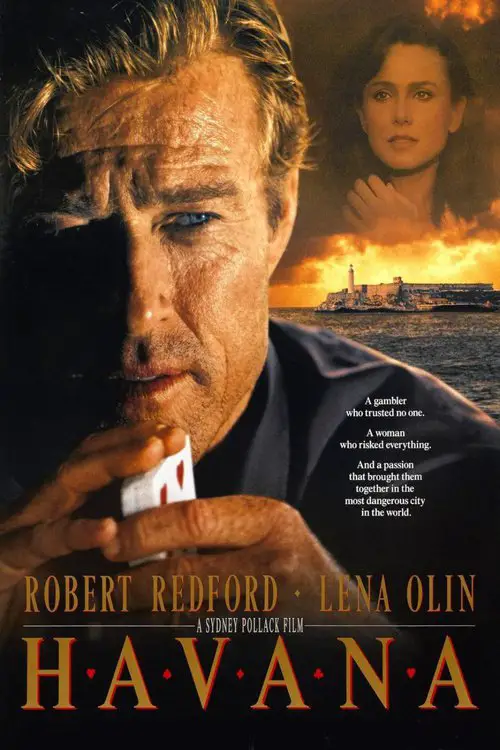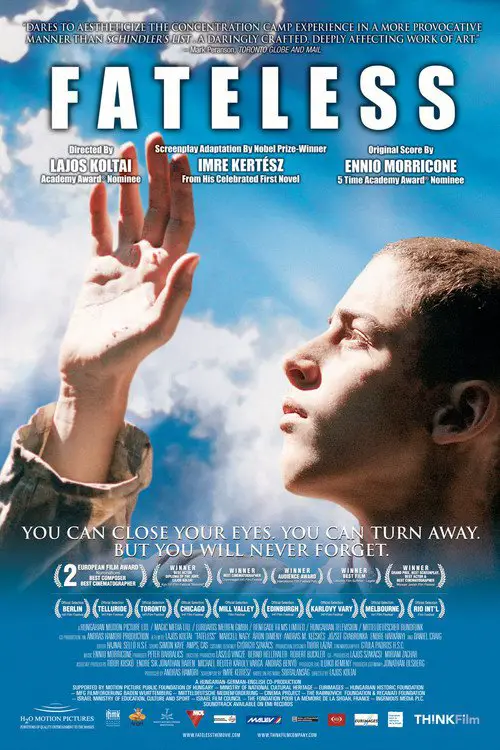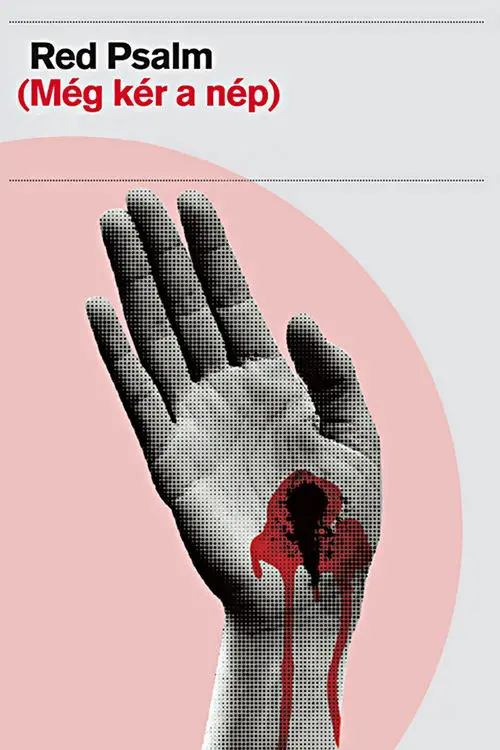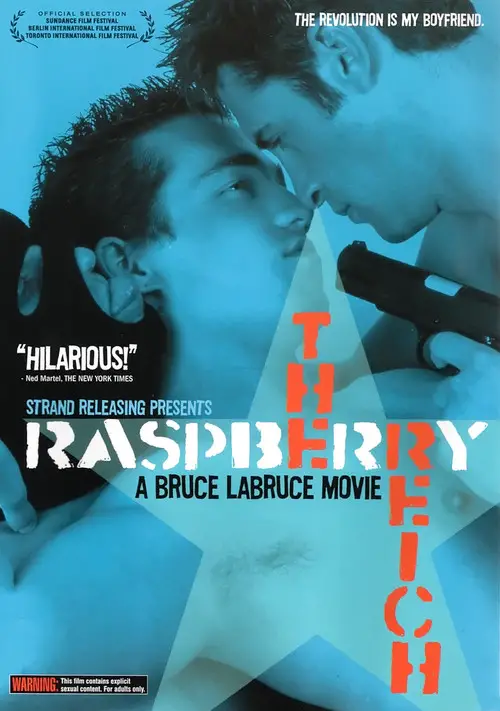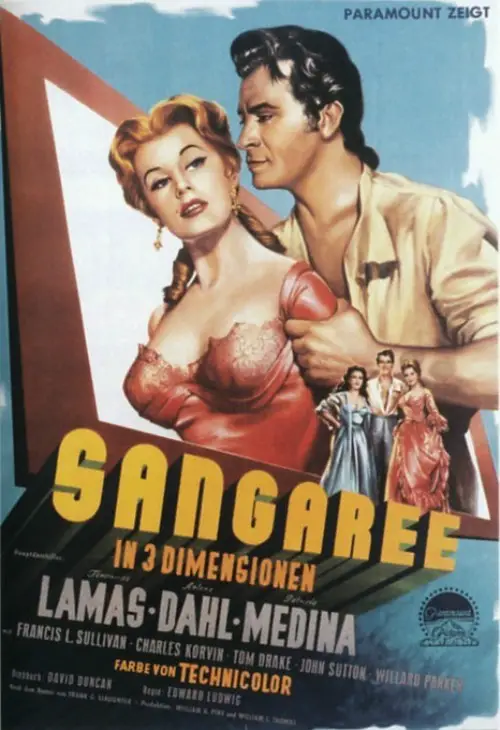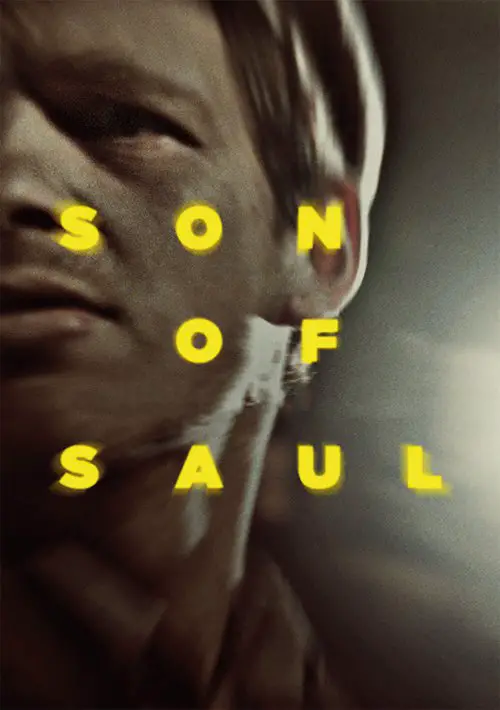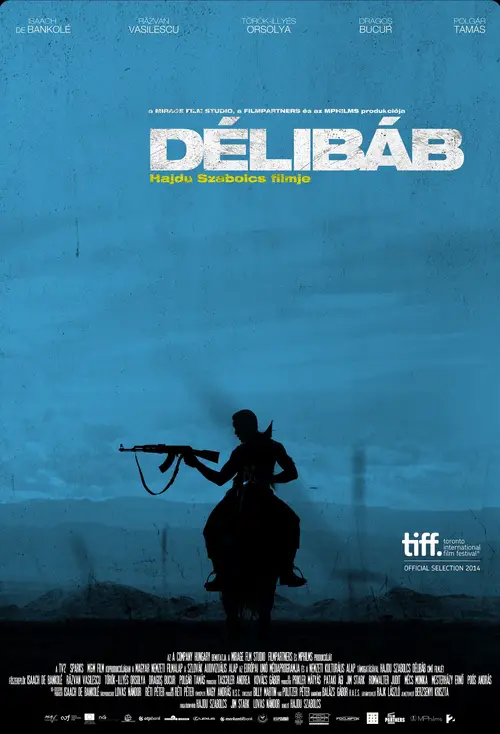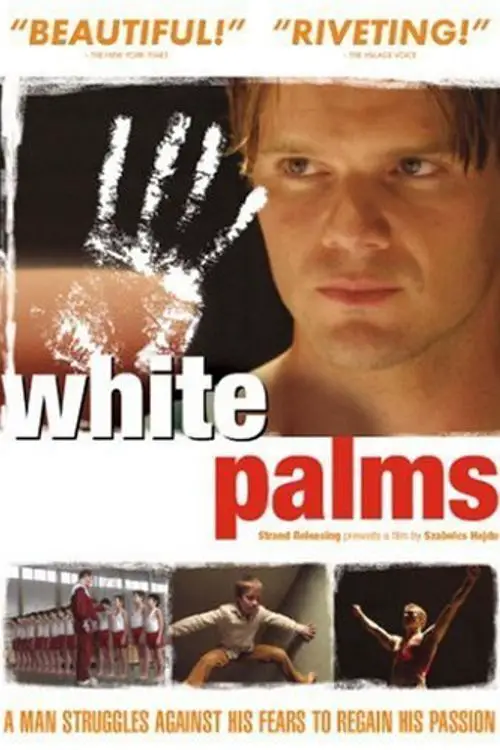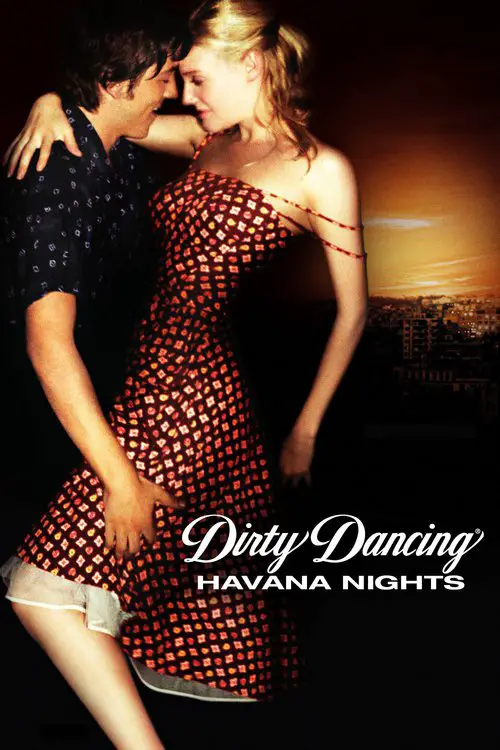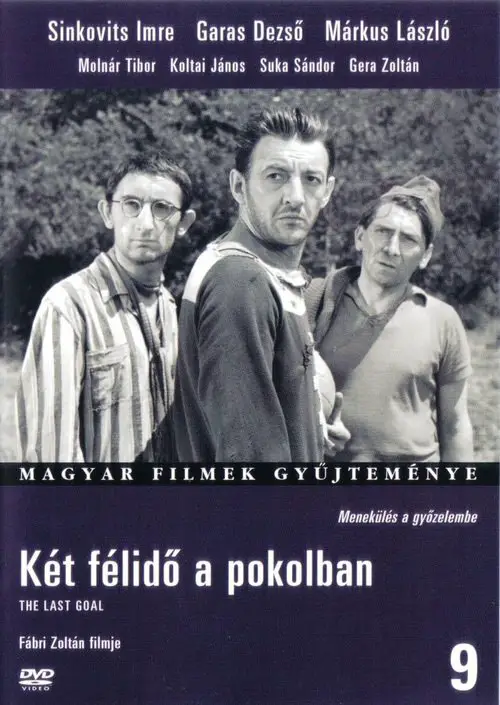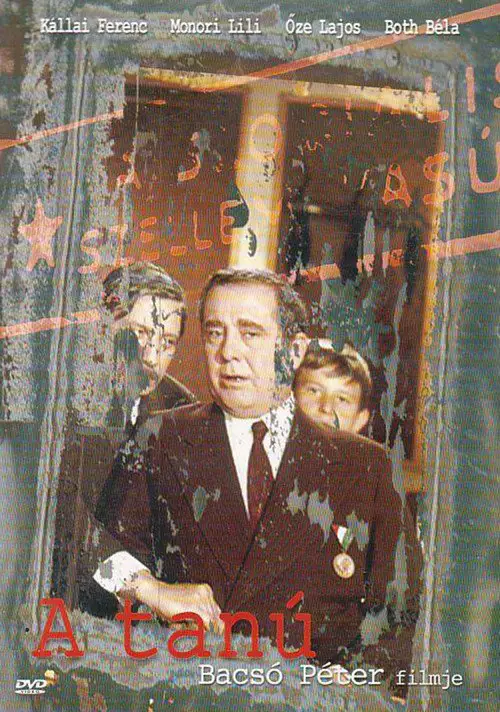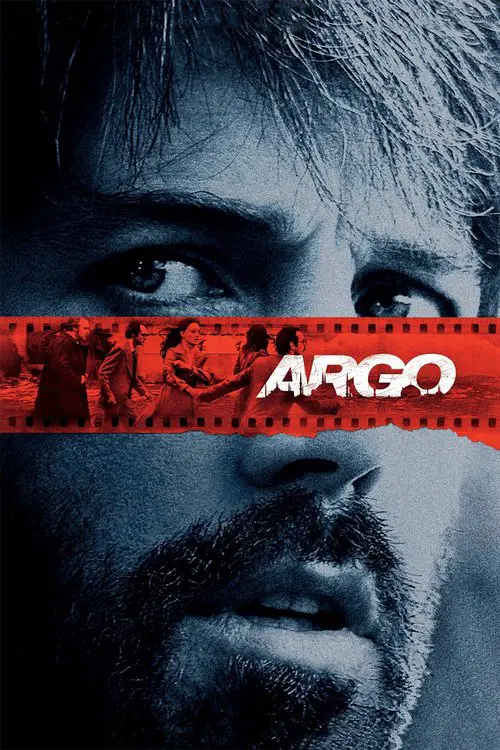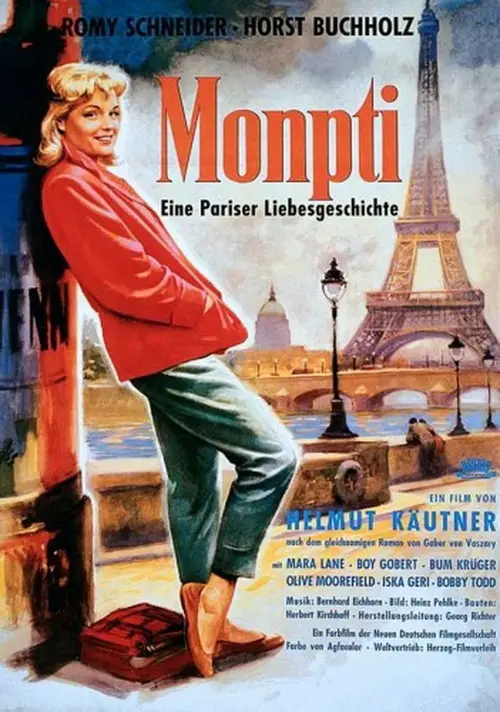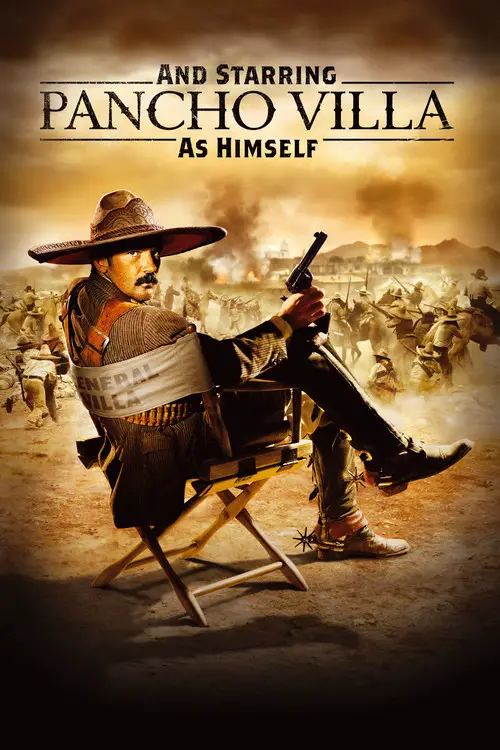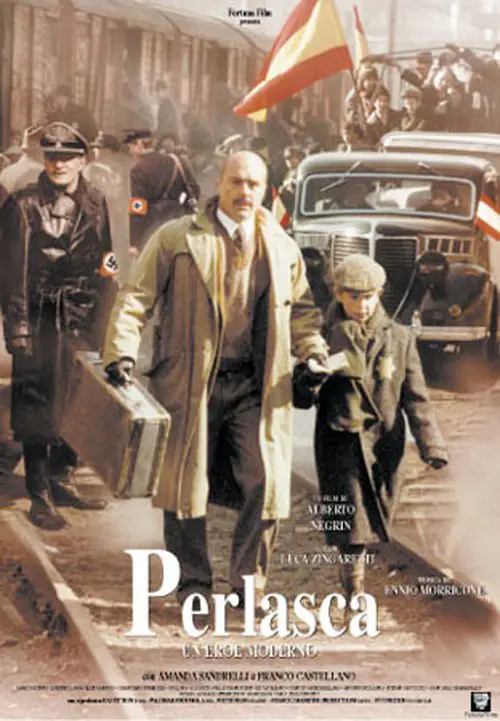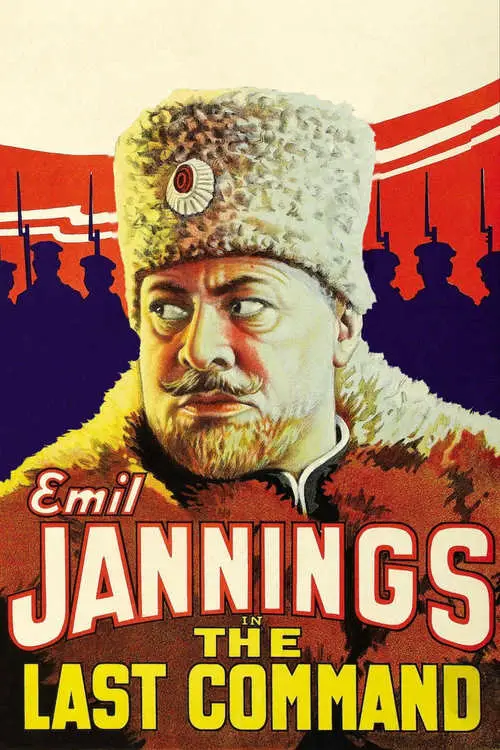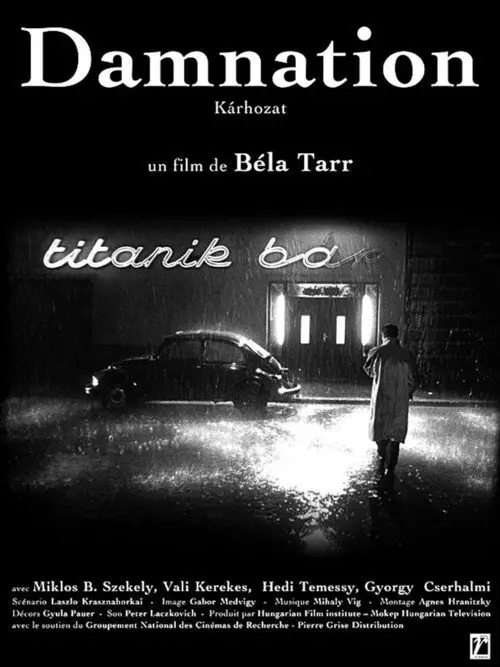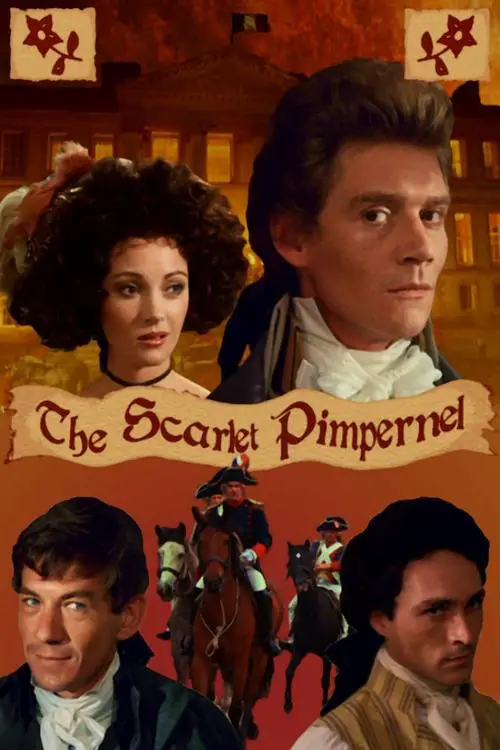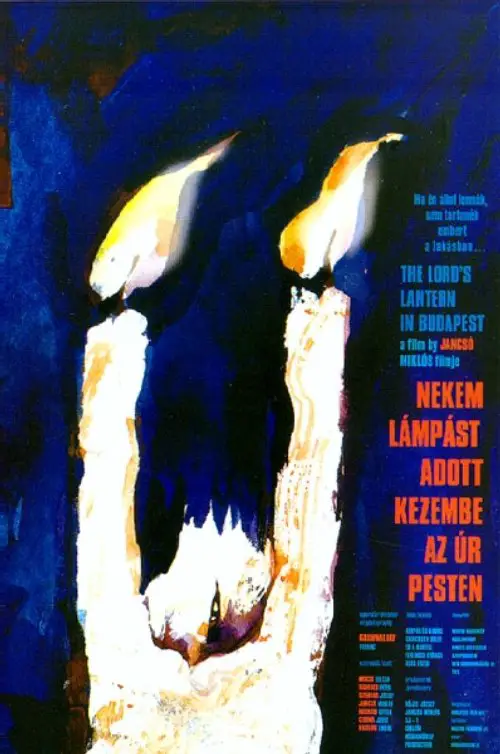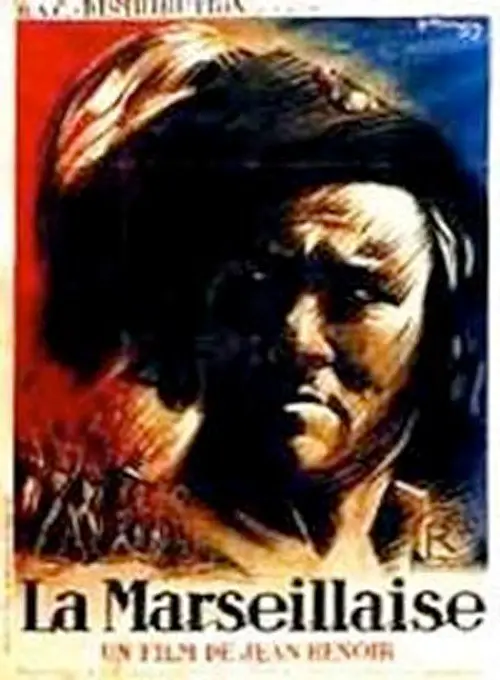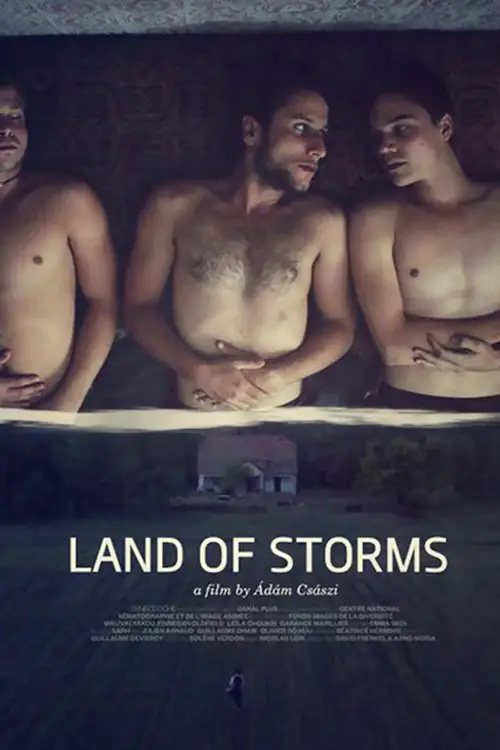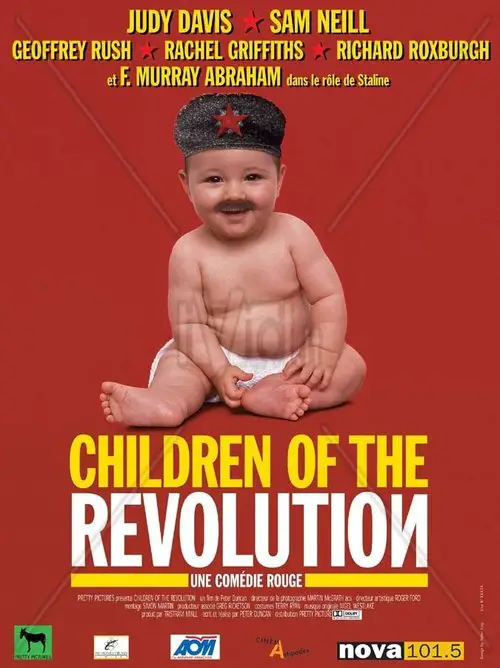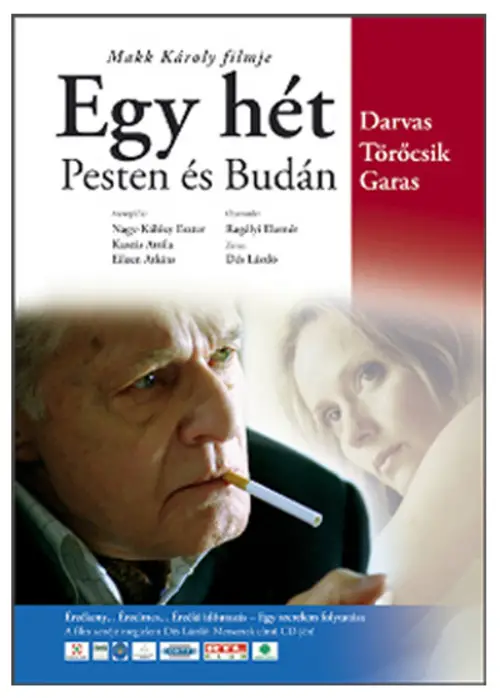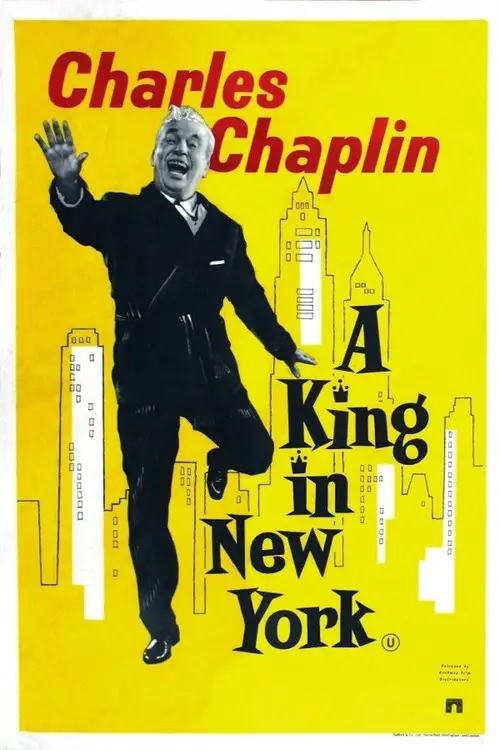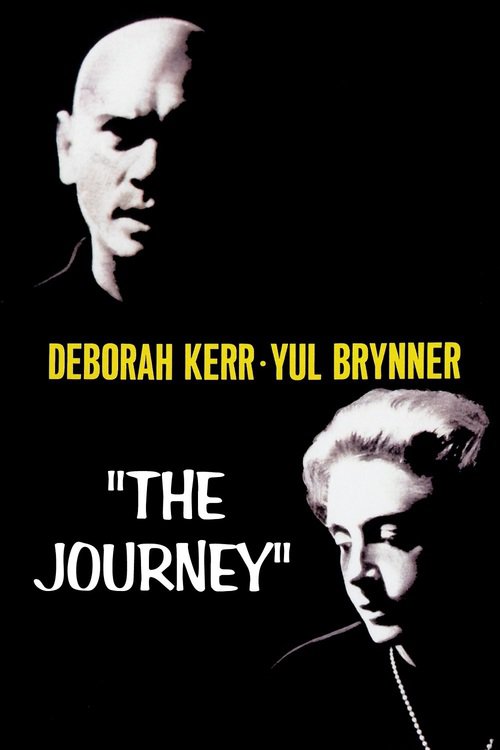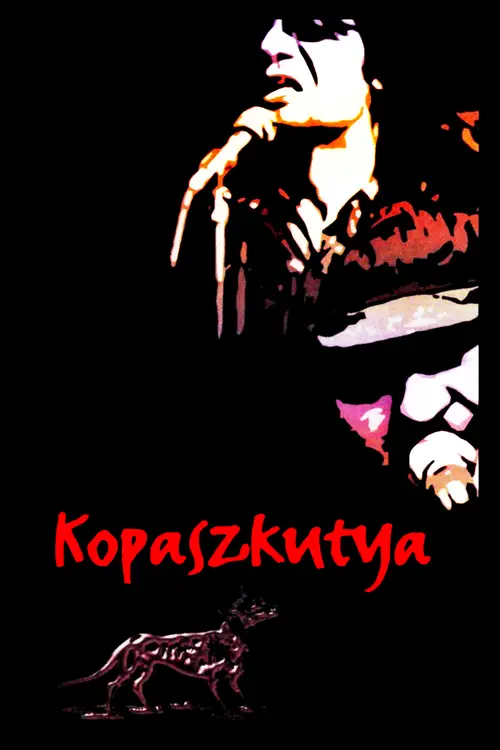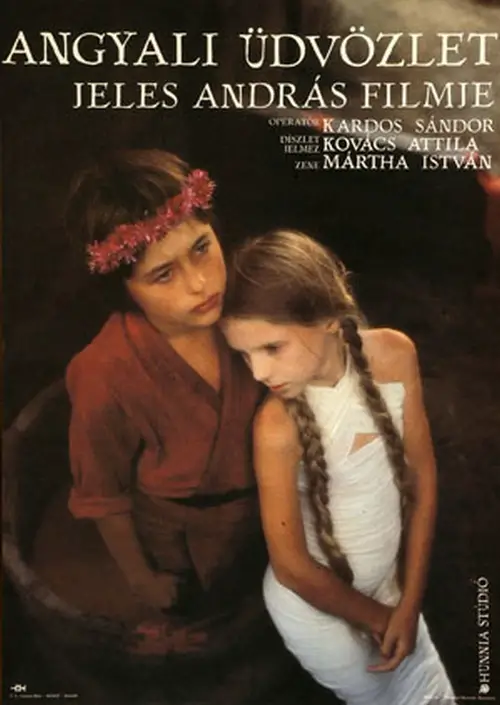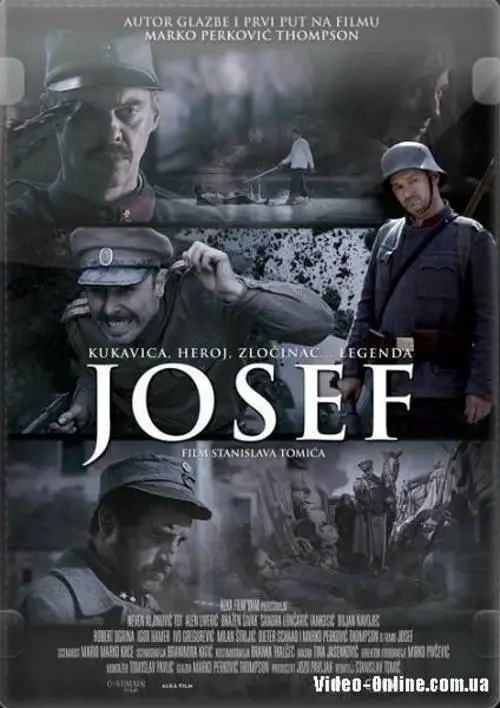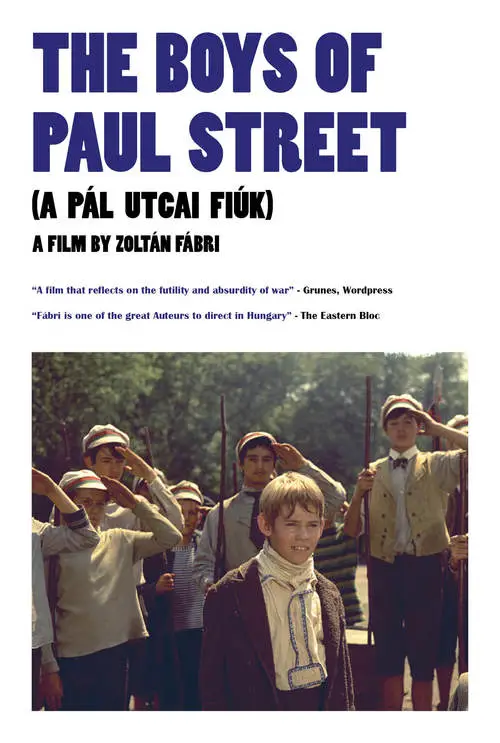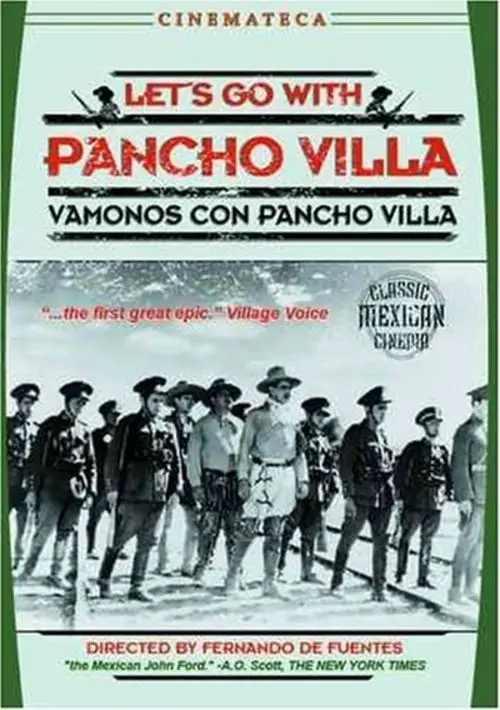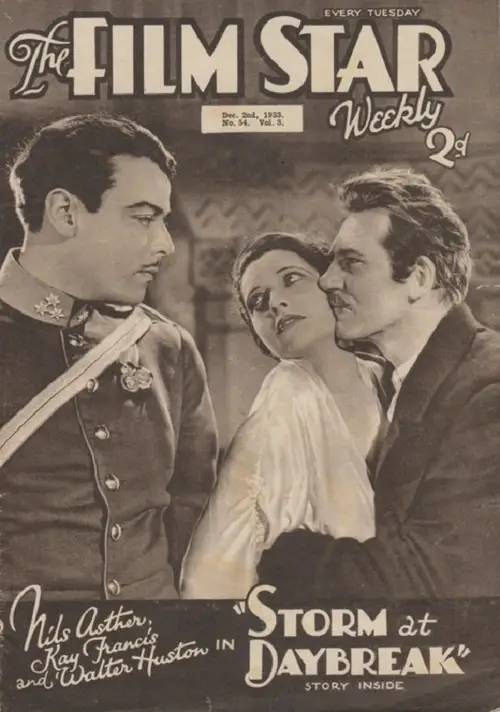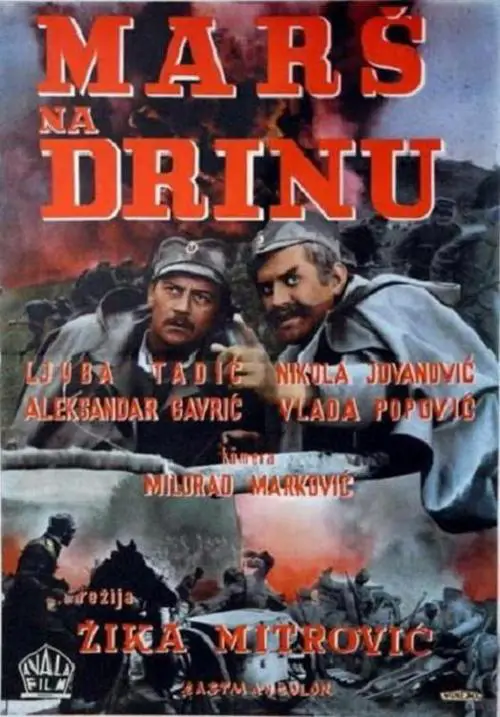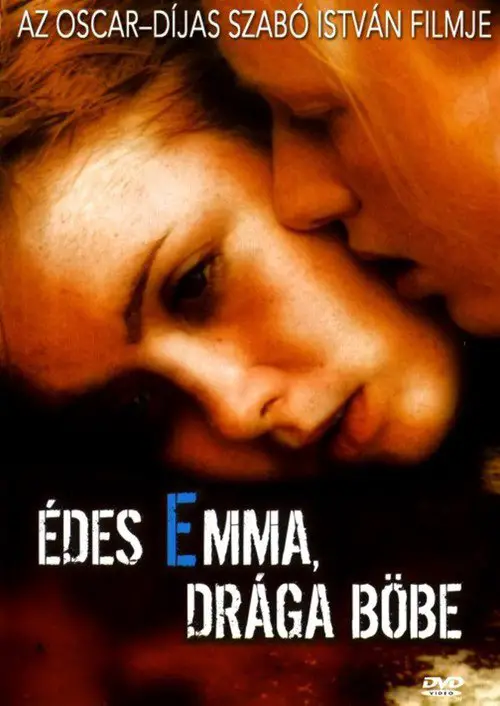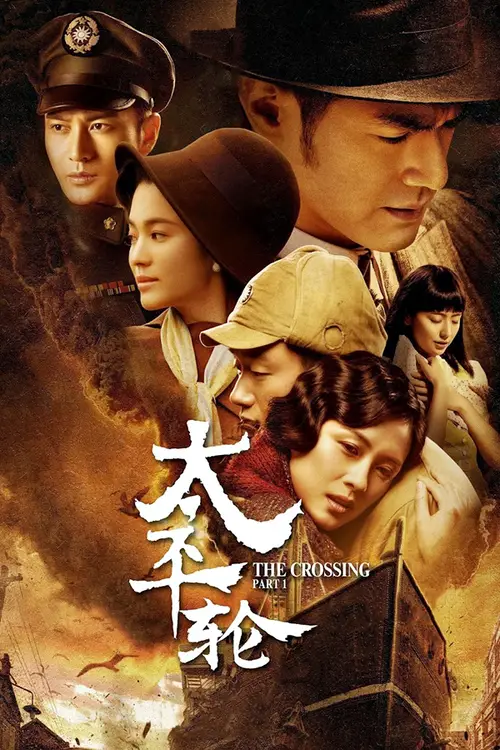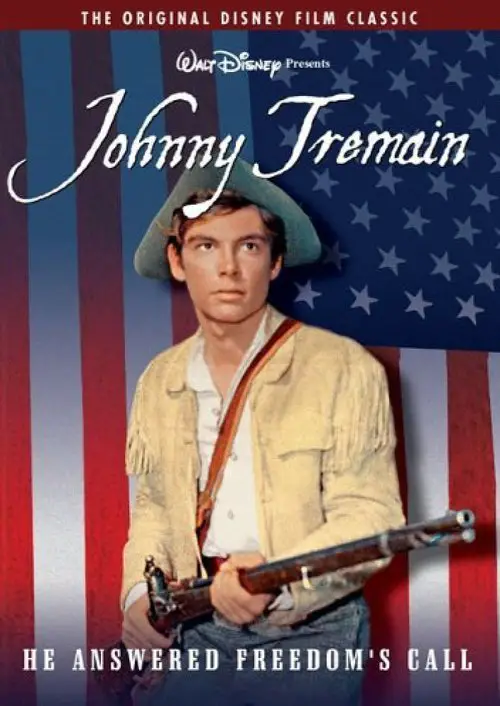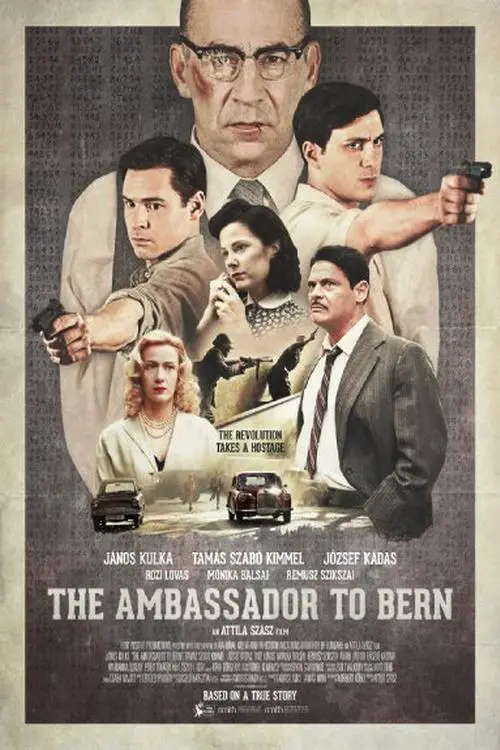The Beast of Budapest (1958)
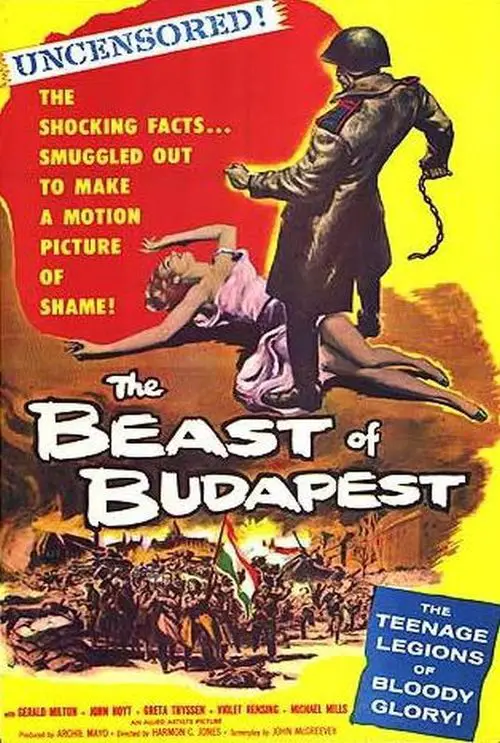
Similar movies
A Hungarian family forced to flee the Communist country for the United States, must leave a young daughter behind. Six years later the family arranges to bring the absent daughter to the United States where she has trouble adjusting. The daughter then decides to travel to Budapest to discover her identity.
New York trapper Tom Dobb becomes an unwilling participant in the American Revolution after his son Ned is drafted into the Army by the villainous Sergeant Major Peasy. Tom attempts to find his son, and eventually becomes convinced that he must take a stand and fight for the freedom of the Colonies, alongside the aristocratic rebel Daisy McConnahay. As Tom undergoes his change of heart, the events of the war unfold in large-scale grandeur.
Five Jewish Hungarians, now U.S. citizens, tell their stories: before March, 1944, when Nazis began to exterminate Hungarian Jews, months in concentration camps, and visiting childhood homes more than 50 years later. An historian, a Sonderkommando, a doctor who experimented on Auschwitz prisoners, and US soldiers who were part of the liberation in April, 1945.
This movie tells the true story of John Reed, a radical American journalist around the time of World War I. He soon meets Louise Bryant, a respectable married woman, who dumps her husband for Reed and becomes an important feminist and radical in her own right. After involvement with labor and political disputes in the US, they go to Russia in time for the October Revolution in 1917, when the Communists siezed power. Inspired, they return to the US, hoping to lead a similar revolution. A particularly fascinating aspect of the movie is the inclusion of interviews with "witnesses", the real-life surviving participants in the events of the movie.
An American professional gambler named Jack Weil (Redford) decides to visit Havana, Cuba to gamble. On the boat to Havana, he meets Roberta Duran (Olin), the wife of a revolutionary, Arturo (Julia). Shortly after their arrival, Arturo is taken away by the secret police, and Roberta is captured and tortured. Jack frees her, but she continues to support the revolution.
An Hungarian youth comes of age at Buchenwald during World War II. György Köves is 14, the son of a merchant who's sent to a forced labor camp. After his father's departure, György gets a job at a brickyard; his bus is stopped and its Jewish occupants sent to camps. There, György find camaraderie, suffering, cruelty, illness, and death. He hears advice on preserving one's dignity and self-esteem. He discovers hatred. If he does survive and returns to Budapest, what will he find? What is natural; what is it to be a Jew? Sepia, black and white, and color alternate to shade the mood.
A hiliarous and sexy sendup of left wing radials who Bruce LaBruce suspects tend to have rather conservative views on sex. Gudrun, a blond-wigged subservsive who runs a terrorist cell, is convinced that her (straight) brothers can only be truely revolutionary by having sex with each other. This strategy comes seriously undone when they kidnap the gay son of an industrialist.
Children of Glory will commemorate Hungary's heroic Revolution of 1956, and takes place in Budapest and at the Melbourne Olympic Games in October and November of that year. While Soviet tanks were destroying Hungary, the Hungarian water polo team was winning over the Soviets in the Olympic pool in Melbourne, in what has been described as the bloodiest water polo match in history.
In this third remake of legendary Japanese director Akira Kurosawa's hugely influential The Seven Samurai, the seven gunslingers (George Kennedy, Michael Ansara, Joe Don Baker, Bernie Casey, Monte Markham, Fernando Rey and Reni Santoni) liberate Mexican political prisoners, train them as fighters and assist them in a desperate attack on a Mexican fortress in an attempt to free a revolutionary leader.
This Sequel to Dirty Dancing stars a hot young cast and has a sizzling style and rhythm all of its own. In pre-revolution Cuba, Katey Miller (Romola Garai - Vanity Fair) is about to defy everyone`s expectations. Instead of a parent-approved suitor (Jonathan Jackson - Tuck Everlasting), Katey is drawn to the sexy Javier, a waiter who spends his nights dancing in Havana`s nightclubs. And as Katey secretly learns to dance with Javier, she learns the meanings of love, sensuality and independence. Also starring January Jones (American Wedding), Mika Boorem (Sleepover) and Grammy Award-winning singer Mya.
On Hitlers birthday, the Germans decide to organize a soccer match between prisoners of war and Germans. They assign the task of organizing the team to a well known Olympics football player who demands for his team food and a chance to train. Although the organizer believes that soccer is sacred and does his best to train the team, he is tempted to escape along with the others, when they find an opportunity. They get caught, but the game takes place anyway. They play, hoping that they might get pardoned and not get executed in the end. However, they play too well and the enraged Germans execute them before the game ends.
Known as the best satire about communism, banned for over a decade in Hungary. 'The Witness' has become a cult classic, well received by critics and general audiences when it was finally released outside of Hungary. 'The Witness' takes place during the height of the Rákosi Era, which was closely modeled after the ruthless and brutal Stalin regime. The film follows the life of an ordinary dike keeper, József Pelikán, who has been caught for illegally slaughtering his pig, Dezsõ. Instead of doing hard time for his "heinous" crime, Pelikán is elevated into an important position, generally reserved for the communist elite. His new benefactor, the mysterious Comrade Virág, is reluctant to reveal the real reason behind Pelikán's preferential treatment. Thus, begins Pelikán's hilarious adventure deep within the "sophisticated" communist society... Until one day, when he gets called for to return the "favour" by falsely testifying against his long-time friend in a mock-up show trial.
Danton (Gérard Depardieu) and Robespierre (Wojciech Pszoniak) were close friends and fought together in the French Revolution, but by 1793 Robespierre was France's ruler, determined to wipe out opposition with a series of mass executions that became known as the Reign of Terror. Danton, well known as a spokesman of the people, had been living in relative solitude in the French countryside, but he returned to Paris to challenge Robespierre's violent rule and call for the people to demand their rights. Robespierre, however, could not accept such a challenge, even from a friend and colleague, and he blocked out a plan for the capture and execution of Danton and his allies.
In 1914, the Mexican revolutionary Pancho Villa (Antonio Banderas) invites studios to shoot his actual battles against PorfÃrio Diaz army to raise funds for financing guns and ammunition. The Mutual Film Corporation, through producer D.W. Griffith (Colm Feore), interests for the proposition and sends the filmmaker Frank Thayer (Eion Bailey) to negotiate a contract with Pancho Villa himself.
It is the real story of Giorgio Perlasca (Luca Zingaretti). During the 1920s he was an Italian Fascist supporter, fighting in Africa an in the Spanish civil war where he deserved a safe conduct for Spanish embassies. After some years, disillusioned by fascism, he is a fresh supplier for the Italian army. In the war years he is in Budapest for his business. He lives an easy life there, well introduced into the Hungarian high society, without any problem coming from the war situation. When the Nazi occupied Hungary, in 1944, instead to leave (Italy had already surrendered to the Allies) he escaped to the Spanish embassy in Budapest using his old safe conduct and becoming a Spanish citizen, changing name into Jorge Perlasca. He starts working as a diplomat here. When Sanz Briz (Geza Tordy), the Spanish consul, is removed, Perlasca immediately substitutes him, like if he was officially appointed from Spanish authorities... Written by 1felco
Karrer plods his way through life in quiet desperation. His environment is drab and rainy and muddy. Eaten up with solitude, his hopelessness would be incurable but for the existence of the Titanik Bar and its beautiful, haunting singer. But the lady is married and Karrer is determined to keep her husband away...
During the French Revolution, a mysterious English nobleman known only as The Scarlet Pimpernel (a humble wayside flower), snatches French aristos from the jaws of the guillotine, while posing as the foppish Sir Percy Blakeney in society. Percy falls for and marries the beautiful actress Marguerite St. Just, but she is involved with Chauvelin and Robespierre, and Percy's marriage to her may endanger the Pimpernel's plans to save the little Dauphin
In the Kerepesi Street cemetery, three grave diggers contemplate the fate of the world, then they step out of this role and in a sequence of episodes they play the typical figures of contemporary Hungarian reality, the fat cat, the swashbuckler, the victim, underworld chieftains, and present little absurd dramas of love, marriage, friendship, public order and legal safety. The author and the film director walk among them all the time, contemplating, laughing at their plays. The stories starting from the graveyard and returning there warn of the inevitability of death. The author and the director (Gyula Hernádi and Miklós Jancsó) wisely make friends with death.
Szabolcs plays in a German football team, as does Bernard. They are roommates, best friends, inseparable. A lost match makes him reconsider his life and he goes back to Hungary in hope for more simplicity. Yet his solitude does not last long. Soon after his arrival he meets Ãron and a mutual attraction between the two boys develops when suddenly Szabolcs receives an unexpected phone call from Bernard: he has arrived to Hungary...
A Hungarian band plays American rock & roll and blues hits with great enthusiasm and passion, but success seems to avoid them. TV and radio don't play their songs, sometimes even their crowd just sits and sips beer. Something must be done, and the band's leader (Lóránt Schuszter) comes up with the big idea: write and play songs for the people about themselves and not about some exotic, but too distant people's life. "We move from Tobacco Road to Retek street" With the remains of the band and a second singer (Gyula Deák "Bill") they find what they failed to show people before. The rich new sound can finally translate the spirit of blues and rock much more than words from any dictionaries could, this is the Köbánya-blues.
In 1970s Iran, Marjane 'Marji' Statrapi watches events through her young eyes and her idealistic family of a long dream being fulfilled of the hated Shah's defeat in the Iranian Revolution of 1979. However as Marji grows up, she witnesses first hand how the new Iran, now ruled by Islamic fundamentalists, has become a repressive tyranny on its own.
The Annunciation (in Hungarian: Angyali üdvözlet) is a Hungarian film directed by András Jeles in 1984, based on The Tragedy of Man (1861) by Imre Madách. When Adam (Péter Bocsor) and Eve (Júlia MérÅ), having succumbed to Lucifer's temptation, are cast out of the Garden of Eden, Adam holds Lucifer (Eszter Gyalog) to his promise, reminding him that "You said I would know everything!". So Lucifer grants Adam a dream of the world to come. And what a bizarre dream: Adam becomes Miltiades in Athens; a knight called Tancred in Byzantium; Kepler in Prague; Danton in revolutionary Paris; and a nameless suitor in Victorian London. Guided by a deceptively sweet but ultimately contemptuous Lucifer, Adam confronts an endless procession of the horror of the human story ... rapists and concubines, betrayal and savagery, mindless cruelty and fanaticism.
The exciting story of Dr. Manette, who escapes the horrors of the infamous Bastille prison in Paris. The action switches between London and Paris on the eve of the revolution where we witness 'the best of times and the worst of times' - love, hope, the uncaring French Aristocrats and the terror of a revolutionary citizen's army intent on exacting revenge.
One Serbian army battery in the First World War, in forced march with no stopping and rest, arrives to Cer and, in decisive moment, enters the fight and throws off Austrian troops which penetrated into the country. This is not only the chronicle of Cer battle, but Serbian drama and drama of one nation who made impossible possible during the fight against the empire which wanted to take away their country. This drama is based on credible events and authentic documents.
The Hornblower series is based on C.S. Forester's classic maritime adventures - the story of one young man's struggle to become a leader of men. Set against the back drop of the 18th century Anglo-French wars, the bloodiest time in British naval history.Lt. Hornblower and his mates are sent to accompany a doomed royalist invasion of revolutionary France.
This story takes place in a small town on the Hungarian Plain. In a provincial town, which is surrounded with nothing else but frost. It is bitterly cold weather â without snow. Even in this bewildered cold hundreds of people are standing around the circus tent, which is put up in the main square, to see â as the outcome of their wait â the chief attraction, the stuffed carcass of a real whale. The people are coming from everywhere. From the neighboring settlings, even from quite far away parts of the country. They are following this clumsy monster as a dumb, faceless, rag-wearing crowd. This strange state of affairs â the appearance of the foreigners, the extreme frost â disturbs the order of the small town. Ambitious personages of the story feel they can take advantage of this situation. The tension growing to the unbearable is brought to explosion by the figure of the Prince, who is pretending facelessness. Even his mere appearance is enough to break loose destructive emotions...
When an injury bars him from pursuing his trade, Revolutionary War-era silversmith's apprentice Johnny Tremain (Hal Stalmaster) finds a new life in the ranks of the Sons of Liberty army, taking part in the Boston Tea Party and Paul Revere's legendary ride. Based on the novel by Ester Forbes, this Disney classic was originally crafted for "Walt Disney Presents" in two segments, which have been blended into a single film for viewing.
© Valossa 2015–2024

